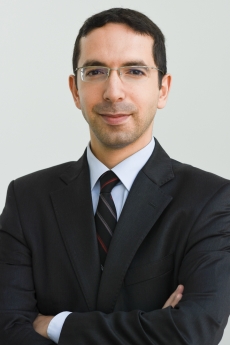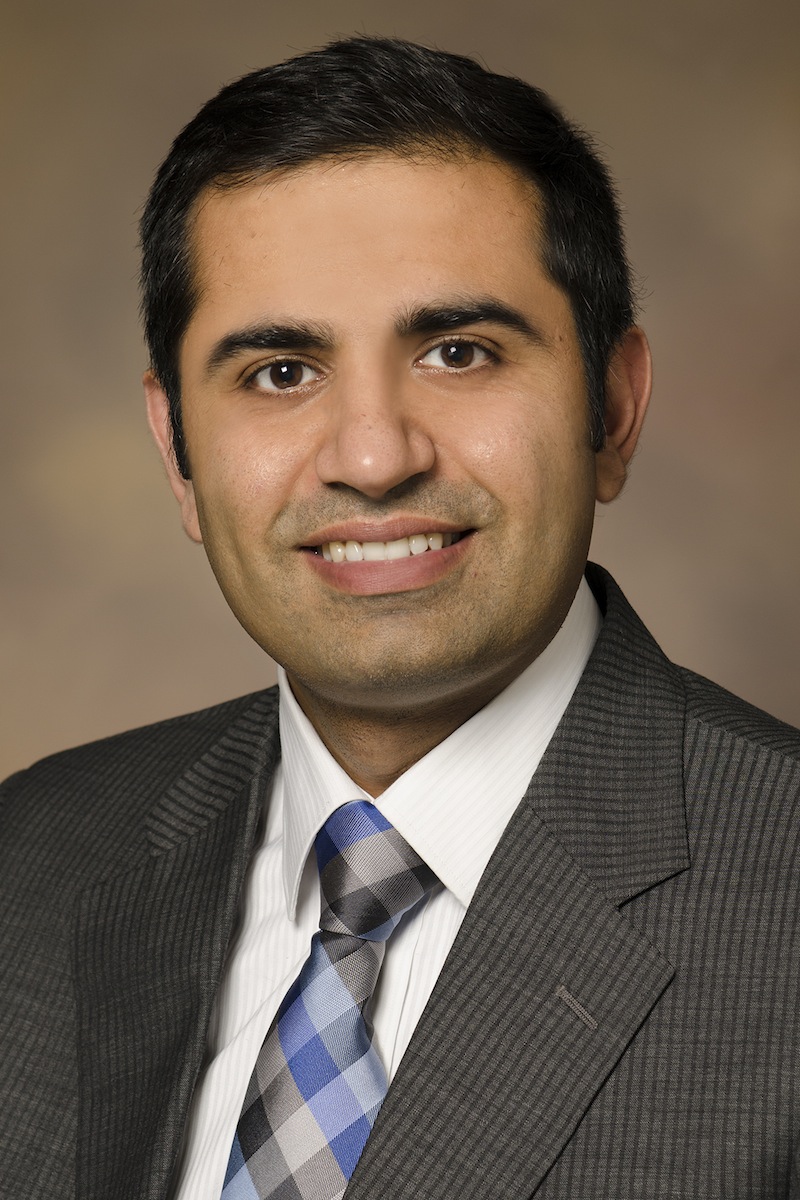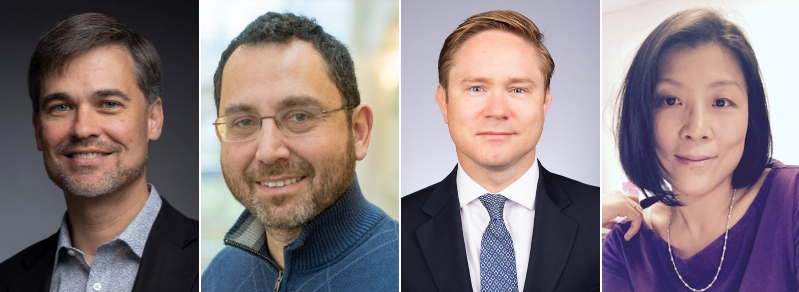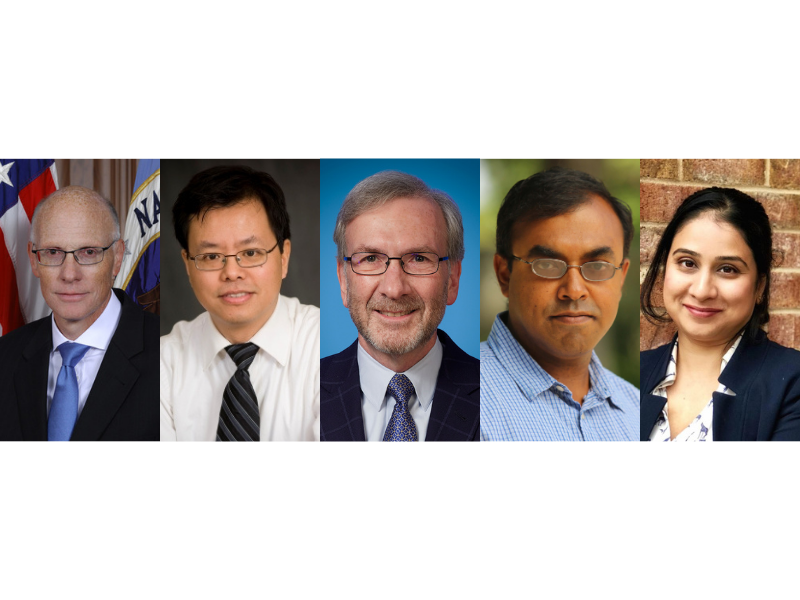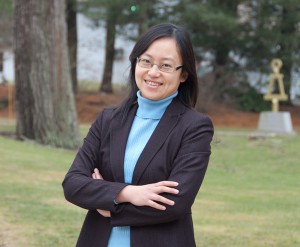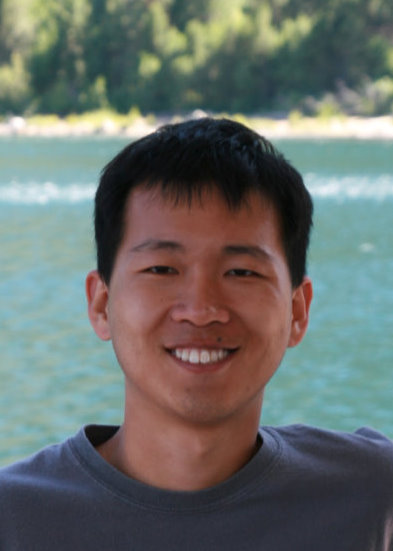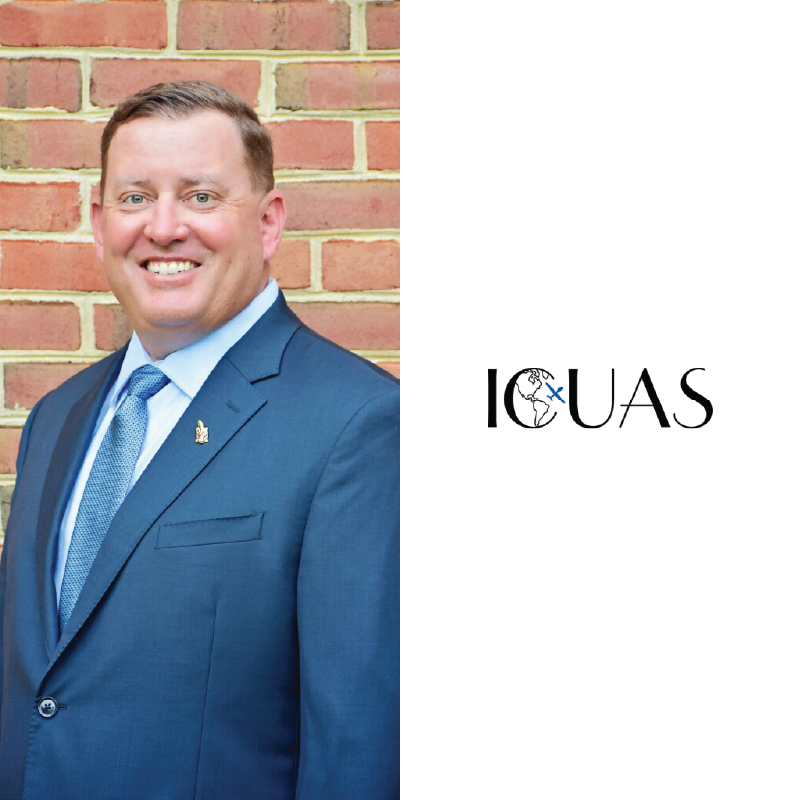News Story
Building Stronger Networks to Help Grad Students Excel
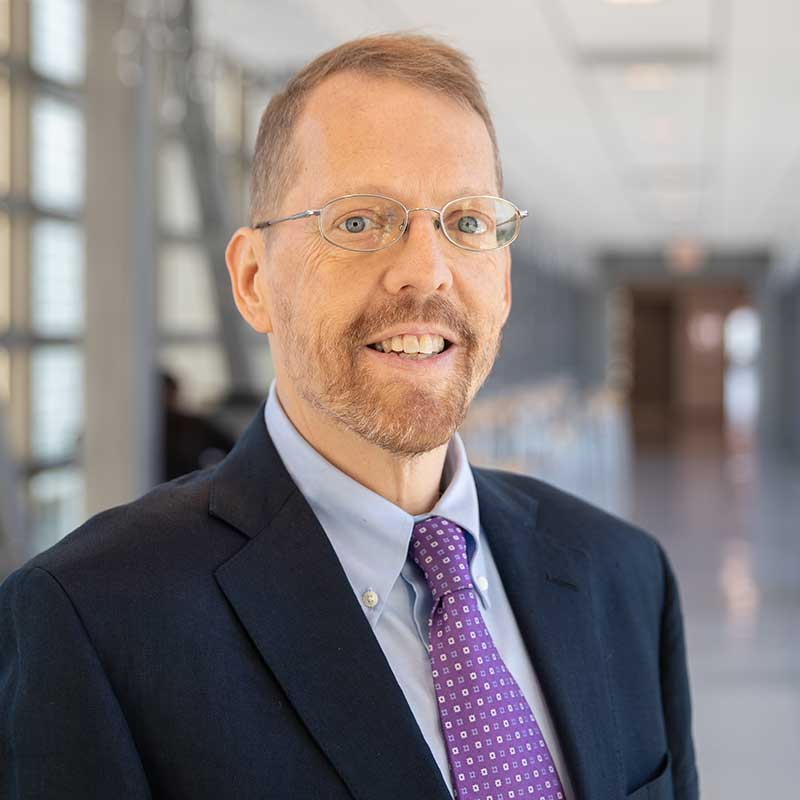
In 1992, alumnus David Bader (Ph.D. ‘96) arrived at the University of Maryland to both pursue his Ph.D. in electrical engineering and explore his interest in the potential of parallel computing. While he landed a prestigious NASA Fellowship that supported his research, a top-notch faculty advisor in Professor Joseph JaJa, and an office suite in the newly opened A.V. Williams building on campus, Bader felt something was missing from his student experience.
“Once I received the (NASA) award, I felt my academic life was nirvana with supercomputing and high-performance computing,” explained Bader. “We had access to several experimental parallel computing systems and were working on real-world applications in areas such as Earth sciences, biology, and national security. But I felt isolated. Other than brief interactions next to the shared printer outside of my office, I would rarely speak with any other students. Graduate students would go into their labs and shut the doors, and all the doors remained closed.”
At that time, there were no activities for graduate students in the department, so in an effort to open those closed doors and meet other students, Bader approached the department about organizing activities specifically for graduate students.
“I was able to organize graduate students and acquire significant support from the department to initiate a whole set of activities that augmented the academic programs,” said Bader. He brought together a cluster of students who cared about advancing graduate student life and led the way in several new initiatives, such as the graduate student coffee hour, the graduate student electronic newsgroup, the graduate student fellowship book, the graduate student job bank, and the graduate student handbook. What started as a series of community-building activities would ultimately become the Electrical & Computer Engineering Graduate Student Association (ECEGSA).
“Under my leadership, we created study groups for qualifying exams and selected graduate students to serve as representatives on appropriate department committees. These activities taken as a whole unified the graduate students into a more inclusive community,” he said.
Bader’s desire to foster community ran beyond academic and professional networking.
“My parents would take my siblings and me to diverse activities when we were growing up, and they instilled in me that it was always important to realize that we live in a global world,” explained Bader. Bader’s father’s family escaped anti-Semitic persecution in Poland and came to the United States in the early 20th century. His mother, born in Austria, survived the Holocaust as a child through the Kindertransport, an organized effort to rescue children from Nazi-controlled territory just before World War II broke out. Bader noted that many of his fellow students were international and potentially far from home for the first time. “Coming into such a culturally diverse department, the ECEGSA was a way for people to get to know one another, launch their careers and become lifelong friends in addition to classmates.”
In the nearly 30 years since Bader established the ECEGSA—an effort for which he received university recognition for improving the quality and experience of graduate life—the organization has continued to foster community and serve as a voice for the department’s graduate students. It is an enduring legacy that Bader not only started, but that he aims to support for the next 30 years and beyond through the creation of the David A. Bader Endowed Graduate Student Program Support Fund in Electrical and Computer Engineering.
“Wishing to sustain the success of the ECEGSA sparked my idea for this gift,” said Bader. “I wanted to purposefully support the continued building of graduate student culture in the department, whether it is through the GSA or other activities that aren’t typically supported through academic scholarships.”
Bader acknowledged that he wanted to give back to the campus in a way that was both meaningful to him and a tribute to the positive doctoral experience he had at Maryland.
“I can attribute the success of my career to the department, to engineering, and also to the university,” said Bader. “This gift also recognizes my Ph.D. advisor, Joseph JaJa, to whom I am grateful. From him, I learned not just about engineering, algorithms, and computing, but about thoughtful leadership and professionalism as part of an academic community. That, along with all his support, helped advance my career.”
“The world is changing rapidly, and I can’t imagine what the needs will be in another 30 years. To be able to give back to the next generation and potentially help any student who could benefit by having the support system they need to make it through their master’s or Ph.D. program, fulfill their potential, and significantly impact society, that’s important to me.”
Alumnus David Bader (Ph.D. '96)
It is a fitting tribute to an academic and professional relationship that has spanned nearly 30 years.
“Since I started working with David, I felt that he was a unique student in terms of his broad interests and leadership skills,” said JaJa. “In addition to the rare combination of his analytical skills and the ease of which he can build systems, he had excellent organizational skills that extended to a wide range of social activities well beyond courses and research. He was a fantastic team player and a visionary researcher.”
Bader has gone on to a career with a remarkable number of milestones, not the least of which is his role in creating the first Linux supercomputer using widely available commodity components—a computing solution that’s estimated to have had economic impact of more than $100 trillion dollars over the last 25 years. The roots of this watershed research were developed during his Ph.D. and post-doc days at Maryland.
“While I was at Maryland, we built the first high-performance cluster of DEC AlphaServer multiprocessor computers, essentially a commodity-based supercomputer that broke the mold of traditional monolithic supercomputers,” said Bader. “Our work provided the first programming paradigm for what is ubiquitous today, but at the time, was a very novel type of architecture.”
As Bader explained, until he helped bring about the era of commodity-based supercomputing, every high-end machine was unique in terms of the processor, the operating system, and the design.
“You would have to write code specifically for that one supercomputer,” he said, adding that his work ultimately helped ‘democratize supercomputing.’ “We made it accessible where anyone could buy a machine and basically have a supercomputer in their office. As long as you used some standards in how you programmed it, you could pick and choose the parts that you wanted, and because they're all commodity, you could build your own supercomputer much cheaper than having to pay one manufacturer for one big supercomputer.”
Creating solutions where previously none existed has been another hallmark of Bader’s career. While at The Georgia Institute of Technology, he founded the School of Computational Science and Engineering, and in his current role as Distinguished Professor and Director of the Institute for Data Science at the New Jersey Institute of Technology, he established their Department of Data Science.
In reflecting on both his career, and his establishment of the ECEGSA, Bader said, “The world is always changing, and everyone has the ability to make an impact. Rather than accepting the status quo, we can create new things that better prepare us for the future.”
He hopes his example inspires and empowers others to be creative as they graduate, head out into the world and the workforce, and invariably confront problems that need to be solved. To encourage and support those efforts at Maryland, and in recognition of his gift, the department renamed the Electrical and Computer Engineering Graduate Student Service Award the David A. Bader Award.
“The world is changing rapidly, and I can’t imagine what the needs will be in another 30 years,” he said. “To be able to give back to the next generation and potentially help any student who could benefit by having the support system they need to make it through their master’s or Ph.D. program, fulfill their potential, and significantly impact society, that’s important to me.”
Bader has been recognized with numerous awards for his work, including most recently the 2021 IEEE Sidney Fernbach Award and recognition as an Association for Computing Machinery (ACM) Fellow. He is also a Fellow with IEEE, AAAS, and SIAM. In 2012, Bader was the inaugural recipient of the Electrical and Computer Engineering department’s Distinguished Alumni Award. He has served as an expert panelist on several White House committees addressing supercomputing and big data and been involved in numerous public and private sector research partnerships.
To learn more about Bader’s work in developing Linux-based supercomputers, read “Linux and Supercomputing: How my passion for building COTS systems led to an HPC revolution.”
Published June 15, 2022
